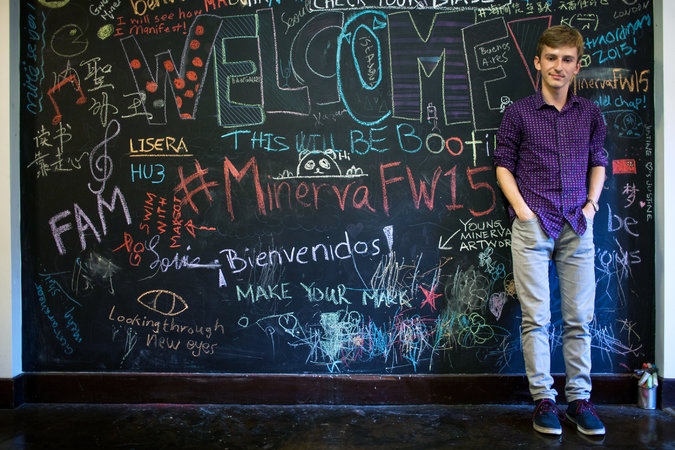As educators question what college should look like in the 21st century, one answer is: global.
And to higher education trailblazers, that means more than junior year abroad or overseas internships. They find campuses to be insular places that leave students ill prepared for a globalized world, and they question the efficacy of traditional pedagogy, especially the lecture format, at a time when the same information can be imparted online.
Consider one emerging approach, wherein students hop from campus to campus across continents, earning an undergraduate degree in the process. In these programs, they spend the majority of their college years outside the United States and immerse themselves in diverse cultures. Foreign cities are their classrooms.
“More and more students, especially at the elite end, are realizing, ‘I can get my basic learning on the Internet and then have this collection of experiences around the globe that enhances who I am as a person,’” said Michael B. Horn, a co-founder of the Clayton Christensen Institute.
Campus hopping is not for everyone. Many students don’t want to give up the sustained community built over four years on a campus. Administrators note that 18-year-olds who choose this unorthodox college path have a special blend of traits: maturity, curiosity, adventurousness, flexibility and openness.

If It’s Third Semester, This Must Be Berlin
W. Louis Brickman, 18, could have taken many paths to college. As a student at the prestigious Hunter College High School in New York, he was accepted at several elite liberal arts schools and two research universities. But he surprised teachers and friends by choosing to enter the second class at the Minerva Schools, a start-up based in San Francisco, where he will spend three-quarters of his time in other countries. “I’m passionate about international travel, and it felt to me inadequate to stay in one place for four years,” said Mr. Brickman, who was born in Berlin and raised in Manhattan.
Minerva, which is affiliated with the Keck Graduate Institute, was founded by a former tech executive, Ben Nelson, who believed that traditional colleges were not adequately preparing students for the real world.
After freshman year in San Francisco, students will move to a new country each semester; by the time they graduate, they will have lived in Berlin, Buenos Aires, Seoul, Bangalore, Istanbul and London. Minerva’s first two classes comprise 139 students from 35 countries. They live together in leased residence halls, where they cook for themselves, and meet for seminars in libraries, museums or parks. Not owning buildings enables Minerva to keep costs to $22,950 a year, including tuition and housing but not travel.

